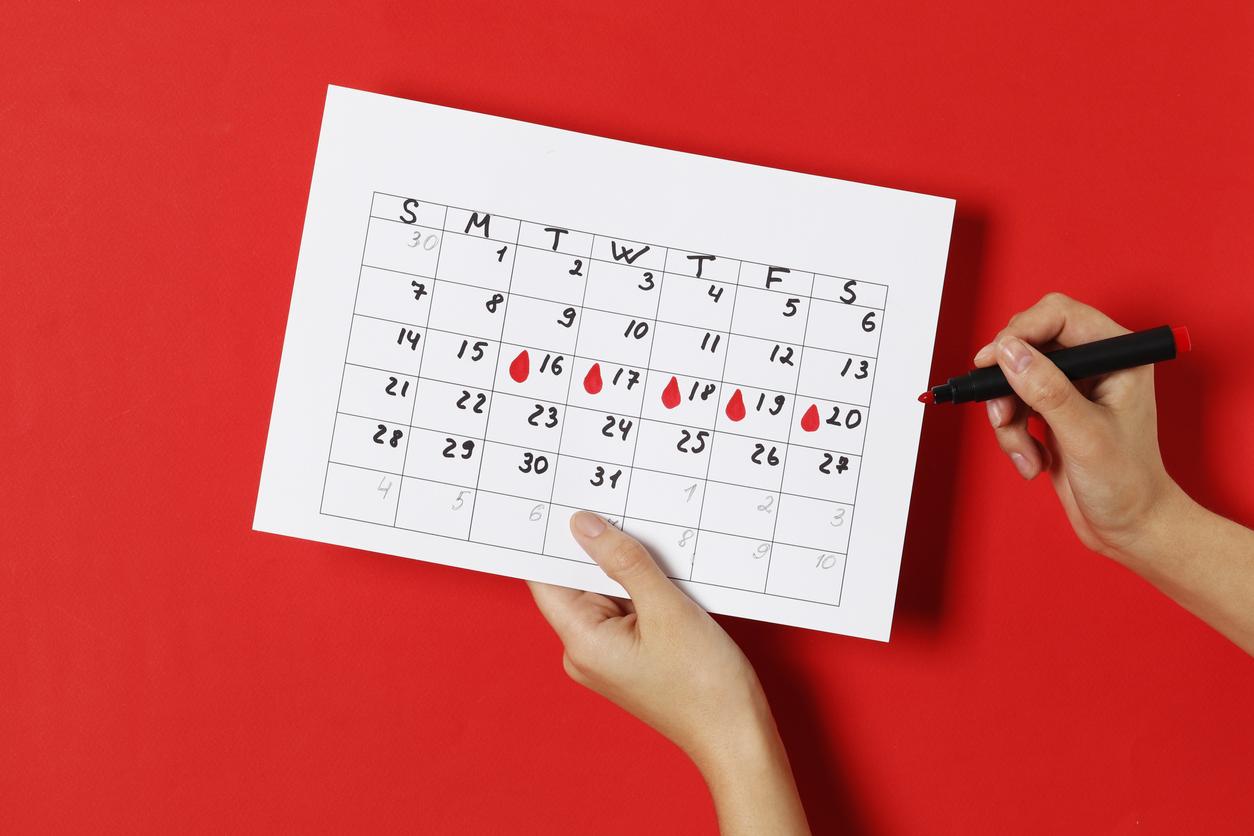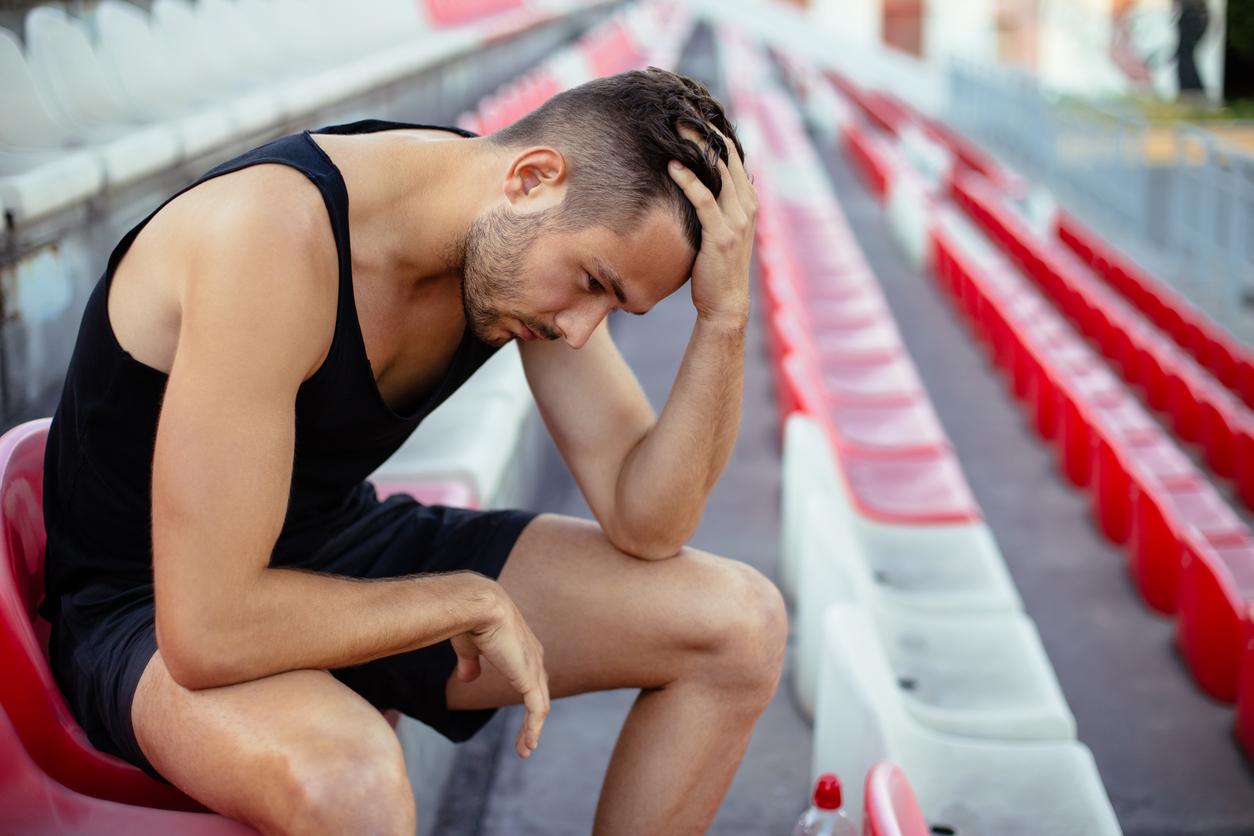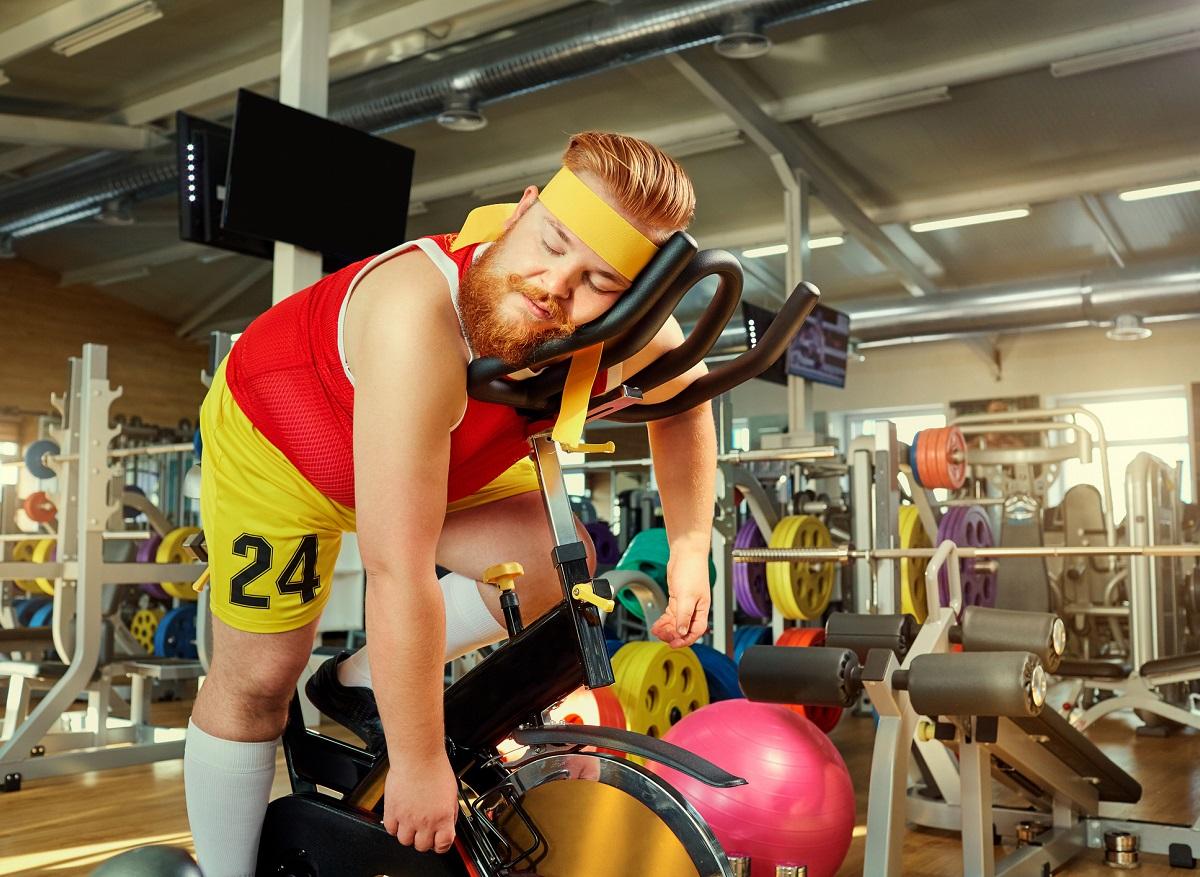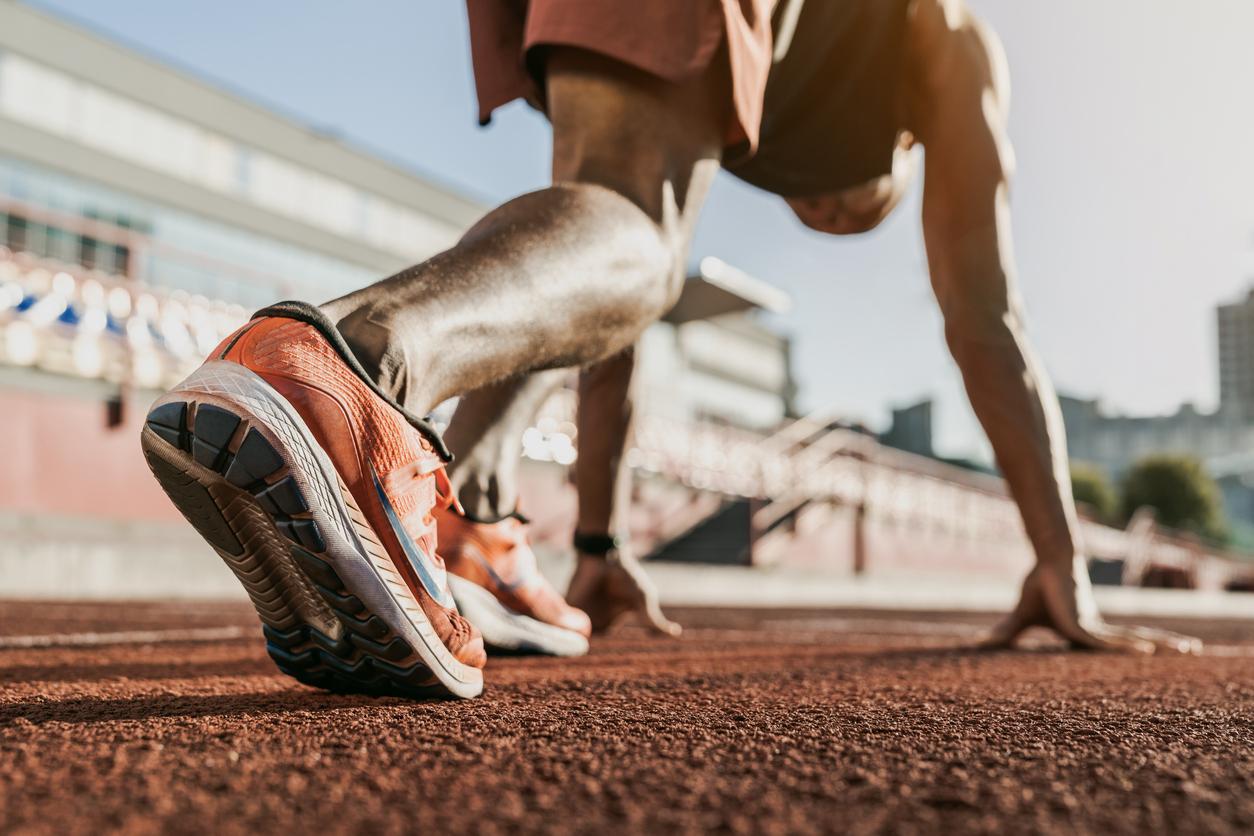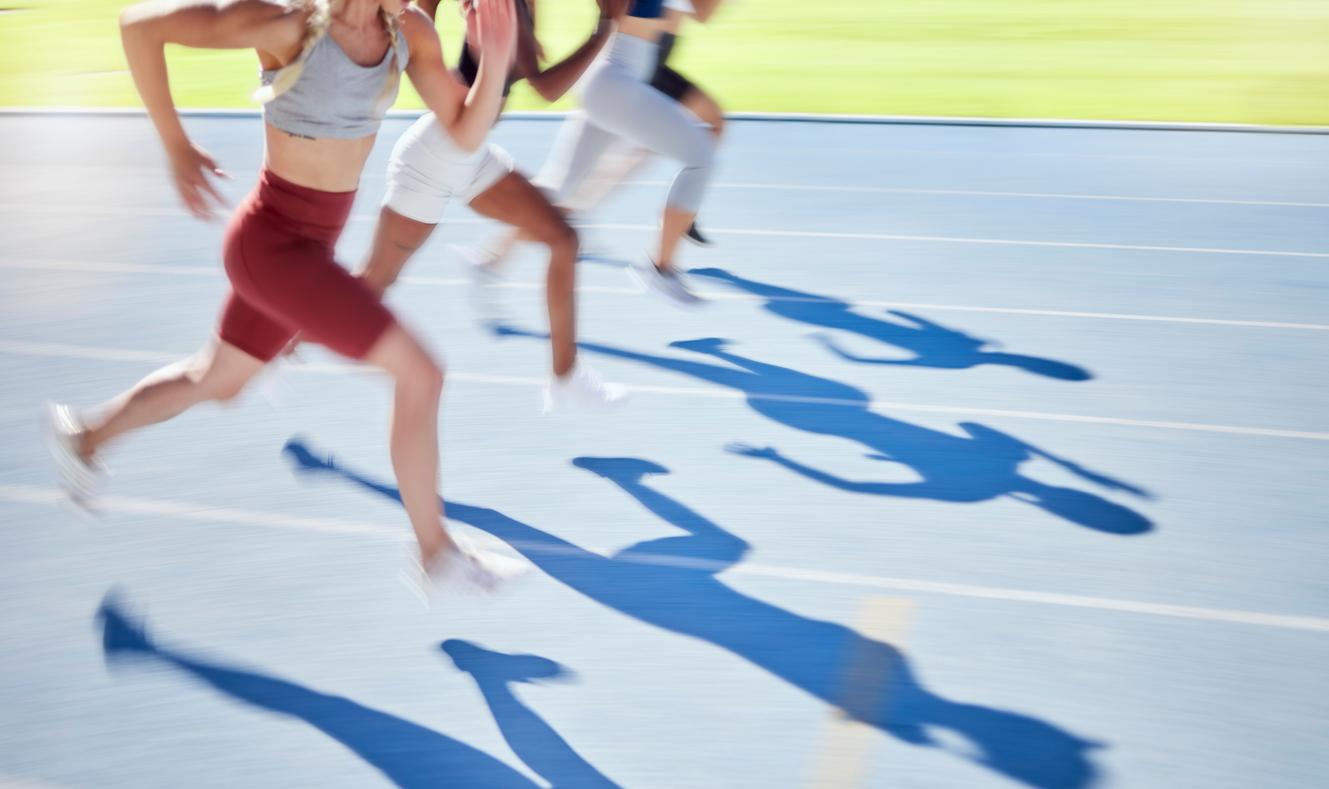As the Olympic Games begin, Insep researcher Juliana Antero explains how menstrual cycles can influence the results of high-level athletes.
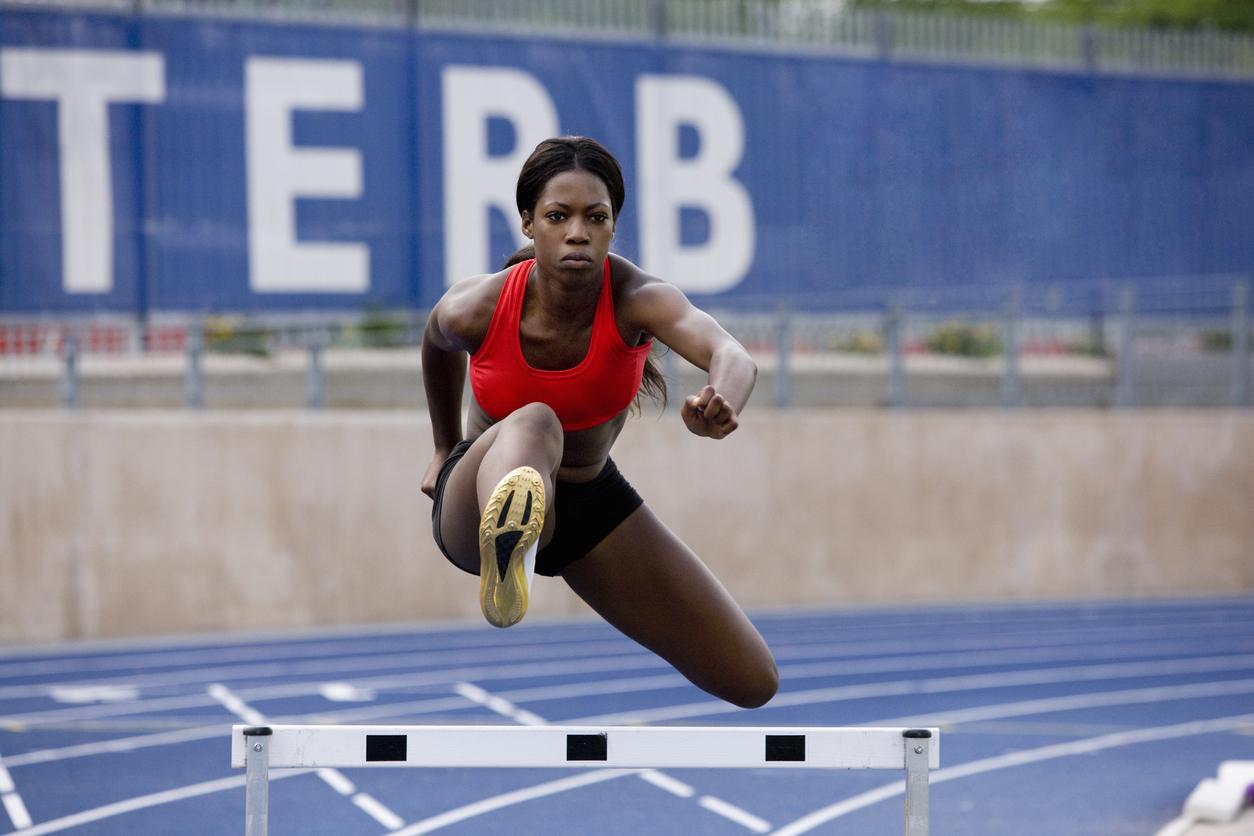
Why Doctor – You have launched runpublished research on the menstrual cycle of high-level athletes. Why did you decide to address this issue?
Juliana Antero : Already because there is not yet enough research on women. Today, the majority of scientific trials are done on men, then their results are extrapolated to the other sex.
By the way, one day I came across an interview with handball player Estelle Nze Minkoin which she campaigned for the menstrual cycle of high-level athletes to be studied more, which seemed entirely relevant to me.
Finally, this issue interests me because I myself was a high-level athlete in aerobic gymnastics, and at that time I suffered a lot from my cycle.
Menstrual cycle: “We have collected data on athletes who will participate in the next Olympic Games”
What was the methodology of the study?
We created a protocol to conduct a longitudinal and prospective study, collecting daily data on athletes who will participate in these Olympic Games. We collected subjective elements, such as the level of well-being of the athletes, and biological elements, such as their hormonal characteristics.
Our research included over 130 athletes and nine different sports.
What tools did you use?
To collect data, we relied heavily on sensors and applications. We also used advanced machine learning analysis methods to identify the impact of the menstrual cycle on the training of athletes, taking into account all other variables such as the quality of their sleep, for example.
What were your results?
The major result that emerged from our analyses is that the menstrual cycle can have both a negative and positive impact on athletes’ performance. I am talking here about the menstrual cycle in its entirety, not just the period.
On the negative side, it appears that menstrual symptoms often lead to lower quality workouts. On the positive side, we have established that the rise in estrogen as ovulation approaches generally increases the ability of professional athletes to generate efforts for very long periods and to remain more durable in intense physical activities.
“We need to help top athletes better manage their menstrual cycle if necessary”
What conclusions do you draw from this new data for professional female athletes?
I think we need to help top athletes better manage their menstrual cycle if necessary, because it is a parameter of sports performance in its own right that must be taken into account and anticipated in the same way as the others (sleep, nutrition, etc.).
How can we plan ahead when athletes can neither decide on competition dates nor on the course of their menstrual cycle?
I think we need to act before competitions, in order to control this parameter so that it is not a problem on the day. For example, if the athlete suffers during her period, we need to understand where the pain comes from and eliminate it before she enters a championship.
It’s the same mechanism as for jet lag: the athlete cannot decide the country where her next competition will take place or the time of her arrival, but she can act in advance to limit the effects of jet lag.
What are the concrete solutions to mitigate the negative effects of the menstrual cycle on the performance of professional athletes?
Today, the therapeutic arsenal can solve almost all problems related to the menstrual cycle if the athlete is well taken care of. In this sense, it is necessary to act on a case-by-case basis and look for the origin of the discomfort in order to put in place appropriate care. For example, the treatment will not be the same if the athlete suffers from endometriosis, excessive periods, total absence of bleeding or fatigue.
You say that we need to find the cause of the problem. Can you give some examples?
In addition to purely medical conditions, problems with the menstrual cycle can be caused, for example, by excess estrogen or a diet that is not rich enough in iron.
What do you think about the pill?
I think it’s a good contraceptive option that gives women freedom, but our research has not been conclusive on this specific point.
Here again, I think we need to act on a case-by-case basis, ensuring that the pill does not cause adverse effects on the high-level athlete and that it acts effectively on the potentially disabling symptoms of the menstrual cycle. If not, we should consider stopping it.
Menstrual cycle of athletes: “It is very important to verbalize this problem”
Were the women you included in the study aware at the start of the monitoring of the impact of their cycle on their sports performance?
Most athletes were aware that their cycles impacted their athletic performance, but not all. Some had never paid attention to this phenomenon or made the connection with their training and competitions.
Deemed too low-cut, an athletic outfit presented by sportswear manufacturer Nike for the American women’s team at the 2024 Olympic Games has recently been the subject of much criticism. Can being afraid that your sportswear might get blood from your period affect a top athlete’s performance?
Yes, that’s for sure! Because to have very good results, the athlete must be perfectly focused on her performance and not worried about it. In this sense, it is necessary to be as comfortable as possible in her sportswear, as the American women’s team rightly demanded.
Do you encourage elite athletes to talk about their menstrual cycle with their staff if they haven’t already?
Yes, it is very important to verbalize this problem.
Coach, sports doctor, gynecologist… Who do you think top athletes should talk to if they want to talk about their menstrual cycle?
You should approach the person they are most comfortable with and who is preferably capable of listening sympathetically. A sports doctor, for example, may be very well trained but lack empathy on this subject.

What is your research objective?
Ultimately, we hope to collect enough data so that our results can be extrapolated to all women, and not just professional athletes.
Beyond the impact on the performance of high-level athletes, can the menstrual cycle have an impact on the everyday lives of women?
Yes of course !
“In France, there is a lack of information about women’s menstrual cycles and their impacts”
Are French women aware of this parameter?
Not enough. In France, there is a lack of information about women’s menstrual cycles and their impacts. However, it is a key indicator of women’s general health, so it is absurd not to teach it more. Each of us should know what is normal and what is not!
Finally, what do you think about the menstrual leave adopted in Spain?
Introducing menstrual leave is, in my opinion, essential if a woman finds herself doubled over in pain every month because of a disorder in her cycle, as is the case, for example, with endometriosis.
I also think that women should be better informed about the many solutions available to help them better manage their menstrual cycle if there is a problem.








